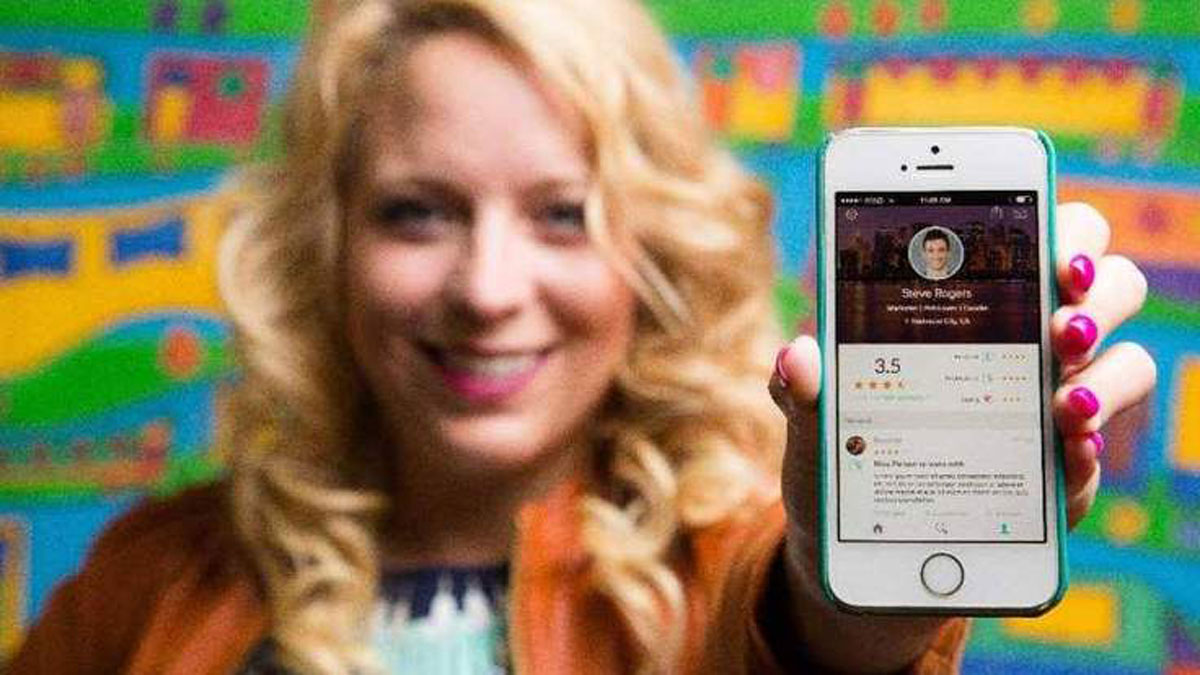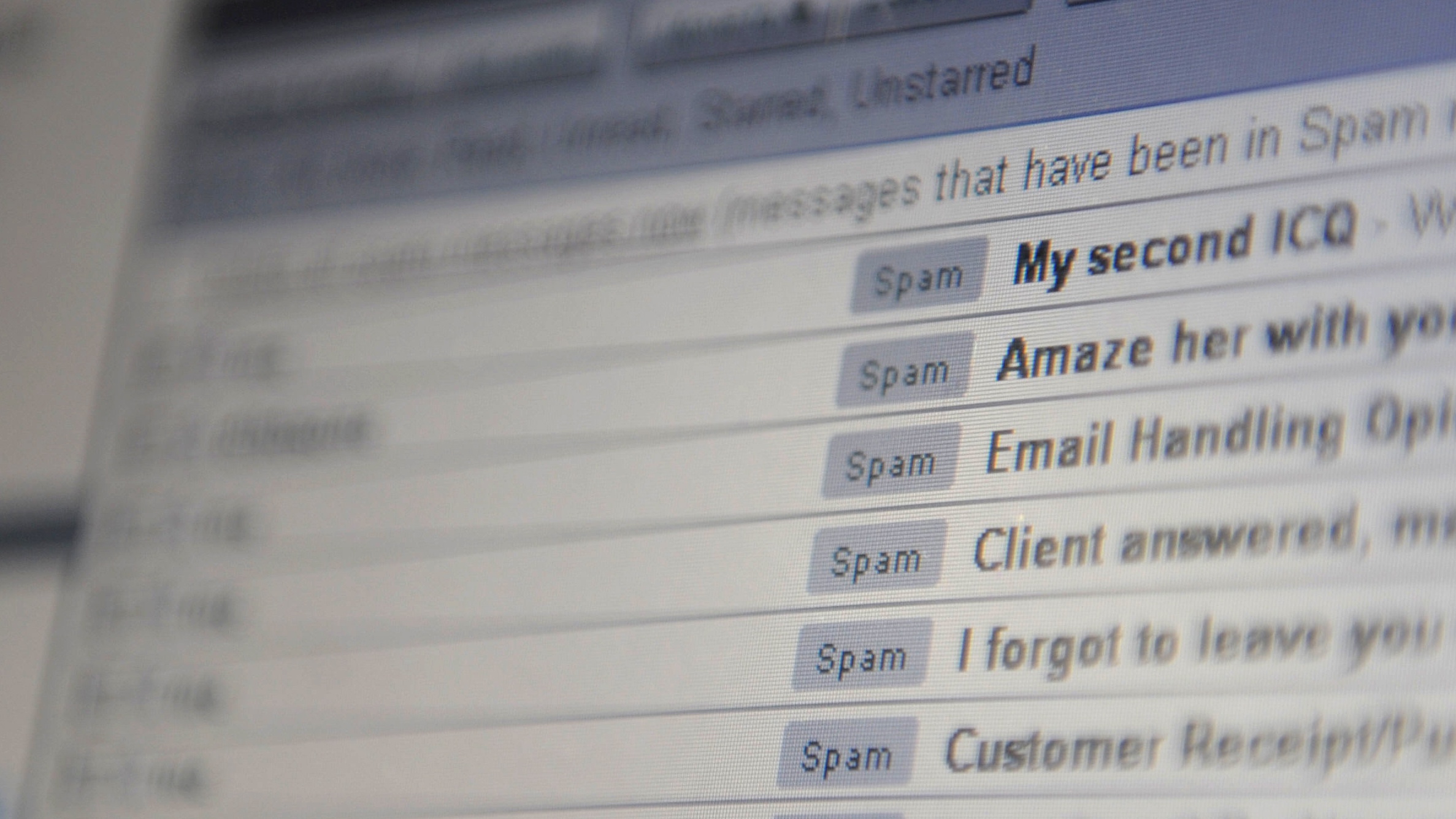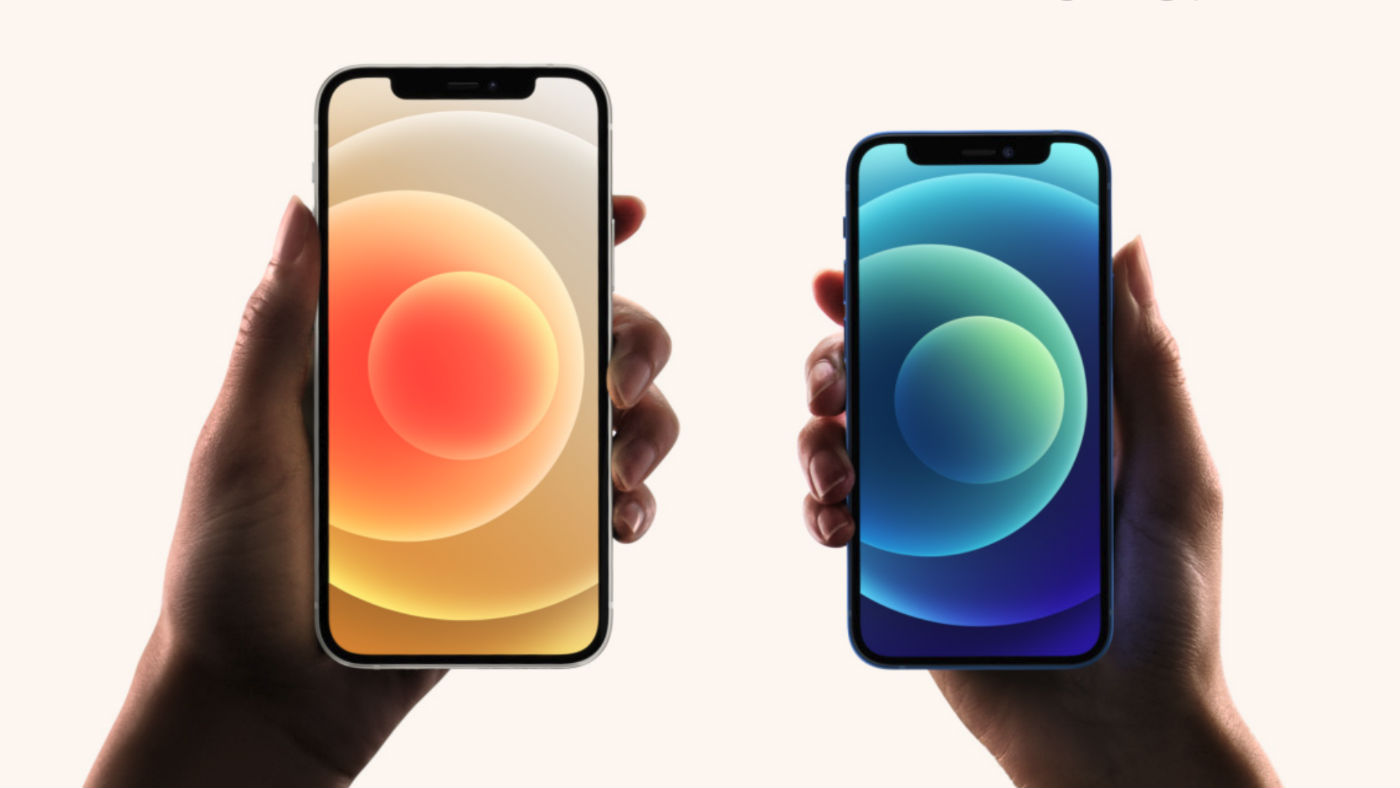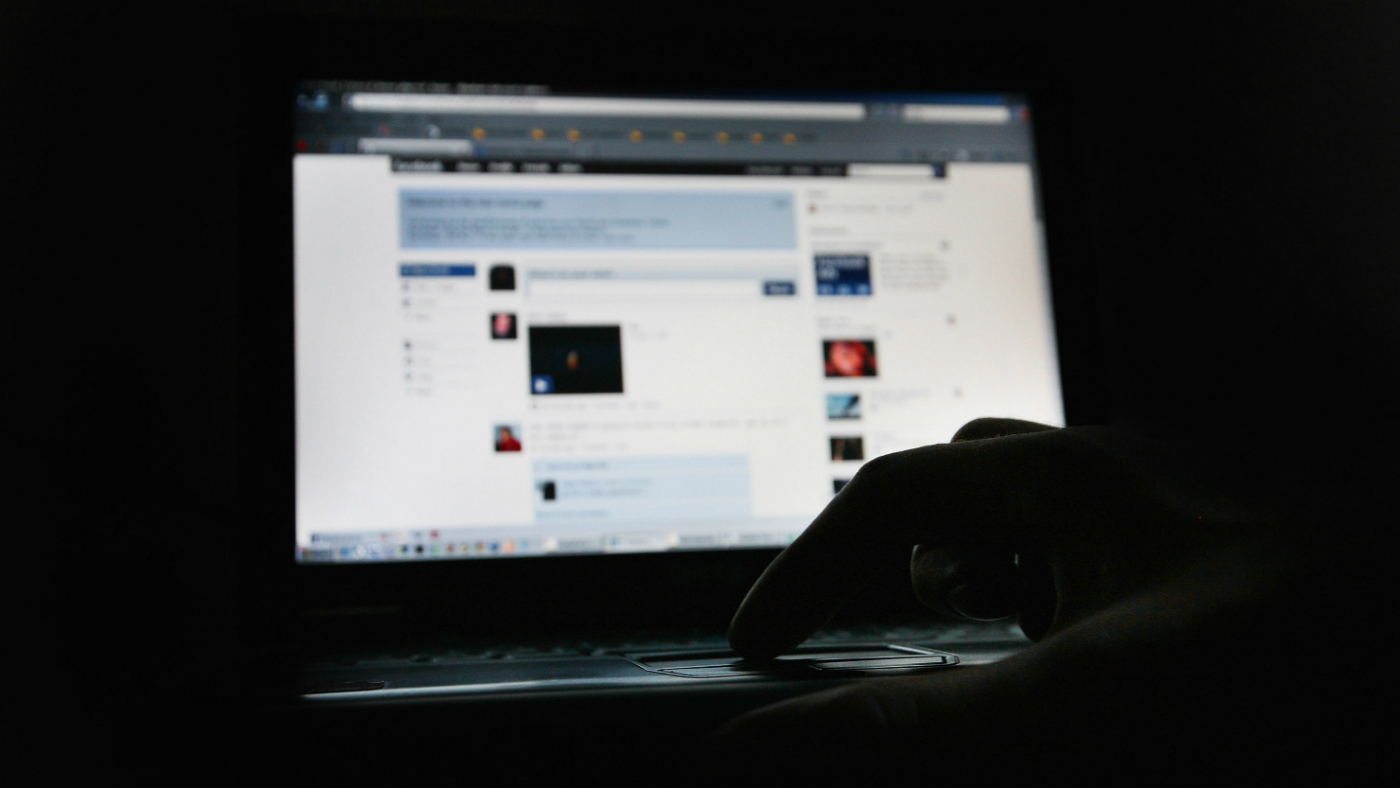Peeple: is controversial human rating app actually a hoax?
New app allows users to rate people based on their personality, professionalism and dating skills

A free daily email with the biggest news stories of the day – and the best features from TheWeek.com
You are now subscribed
Your newsletter sign-up was successful
News of a controversial new app that allows people to rank each other emerged this week, sparking outrage. But is the Peeple app simply one big marketing hoax?
What is it?
Developers branded the app a "Yelp for people" – allowing users to rate people based on their personality, professionalism and dating skills. Users will receive a star rating, but will not be allowed to delete negative comments made about them, nor will there will be an opt-out clause.
The Week
Escape your echo chamber. Get the facts behind the news, plus analysis from multiple perspectives.

Sign up for The Week's Free Newsletters
From our morning news briefing to a weekly Good News Newsletter, get the best of The Week delivered directly to your inbox.
From our morning news briefing to a weekly Good News Newsletter, get the best of The Week delivered directly to your inbox.
The brainchild of Canadian marketer Julia Cordray and Californian mother of two Nicole McCullough, the app is reportedly undergoing beta testing and is due to launch next month.
"The Peeple app allows us to better choose who we hire, do business with, date, [choose to] become our neighbours, roommates, landlords/tenants, and teach our children," the women say. "There are endless reasons as to why we would want this reference check for the people around us."
What was the response?
There was an immediate – and predictable – backlash. Many branded the app "creepy" and "terrifying", pointing out the huge potential for abusive and bullying behaviour. Women's Aid said it was concerned for victims and survivors of domestic abuse. "The app could provide a perpetrator with yet another avenue through which to abuse his victim," the charity warned.
A free daily email with the biggest news stories of the day – and the best features from TheWeek.com
"It's not merely the anxiety of being harassed or maligned on the platform – but of being watched and judged, at all times, by an objectifying gaze to which you did not consent," says the Washington Post, which broke the story.
But the owners have insisted that users will be forced to sign up to a list of guidelines intended to prevent bullying, adding that the way the app functions is not yet set in stone, The Guardian reports.
Is it simply a hoax?
An investigation by Snopes, which researches online hoaxes, seems to suggest so. "The entire concept appeared to have been conceived as late as 12 August 2015," says researcher Kim LaCapria. "[It] seems primarily geared to promoting video content involving Peeple co-founders, with virtually no independent verification of the app's actual existence". She also points out that McCullough appeared to have "no online footprint of which to speak" before Peeple went viral.
Hoax or not, experts say the app is unlikely to even be approved by Apple's app store. The company's guidelines stipulate that any app that is "defamatory, offensive, mean-spirited, or likely to place the targeted individual or group in harm's way" will be rejected.
Developers are also expected to encounter a number of legal a privacy difficulties too, according to Steven Heffer, a partner at the law firm Collyer-Bristow."I can only see a lot of headaches," he told the BBC. "It looks to me like potentially a recipe for a legal disaster."
-
 5 calamitous cartoons about the Washington Post layoffs
5 calamitous cartoons about the Washington Post layoffsCartoons Artists take on a new chapter in journalism, democracy in darkness, and more
-
 Political cartoons for February 14
Political cartoons for February 14Cartoons Saturday's political cartoons include a Valentine's grift, Hillary on the hook, and more
-
 Tourangelle-style pork with prunes recipe
Tourangelle-style pork with prunes recipeThe Week Recommends This traditional, rustic dish is a French classic
-
 How cybercriminals are hacking into the heart of the US economy
How cybercriminals are hacking into the heart of the US economySpeed Read Ransomware attacks have become a global epidemic, with more than $18.6bn paid in ransoms in 2020
-
 Language-learning apps speak the right lingo for UK subscribers
Language-learning apps speak the right lingo for UK subscribersSpeed Read Locked-down Brits turn to online lessons as a new hobby and way to upskill
-
 Brexit-hobbled Britain ‘still tech powerhouse of Europe’
Brexit-hobbled Britain ‘still tech powerhouse of Europe’Speed Read New research shows that UK start-ups have won more funding than France and Germany combined over past year
-
 Playing Cupid during Covid: Tinder reveals Britain’s top chat-up lines of the year
Playing Cupid during Covid: Tinder reveals Britain’s top chat-up lines of the yearSpeed Read Prince Harry, Meghan Markle and Dominic Cummings among most talked-about celebs on the dating app
-
 Brits sending one less email a day would cut carbon emissions by 16,000 tonnes
Brits sending one less email a day would cut carbon emissions by 16,000 tonnesSpeed Read UK research suggests unnecessary online chatter increases climate change
-
 Reach for the Moon: Nokia and Nasa to build 4G lunar network
Reach for the Moon: Nokia and Nasa to build 4G lunar networkSpeed Read Deal is part of the US space agency’s plan to establish human settlements on the lunar surface
-
 iPhone 12 launch: what we learned from the Apple ‘Hi, Speed’ event
iPhone 12 launch: what we learned from the Apple ‘Hi, Speed’ eventSpeed Read Tech giant unveils new 5G smartphone line-up
-
 Russian agency behind US election meddling ‘created fake left-wing news site’
Russian agency behind US election meddling ‘created fake left-wing news site’Speed Read Facebook says real reporters were hired by fake editors to write about US corruption